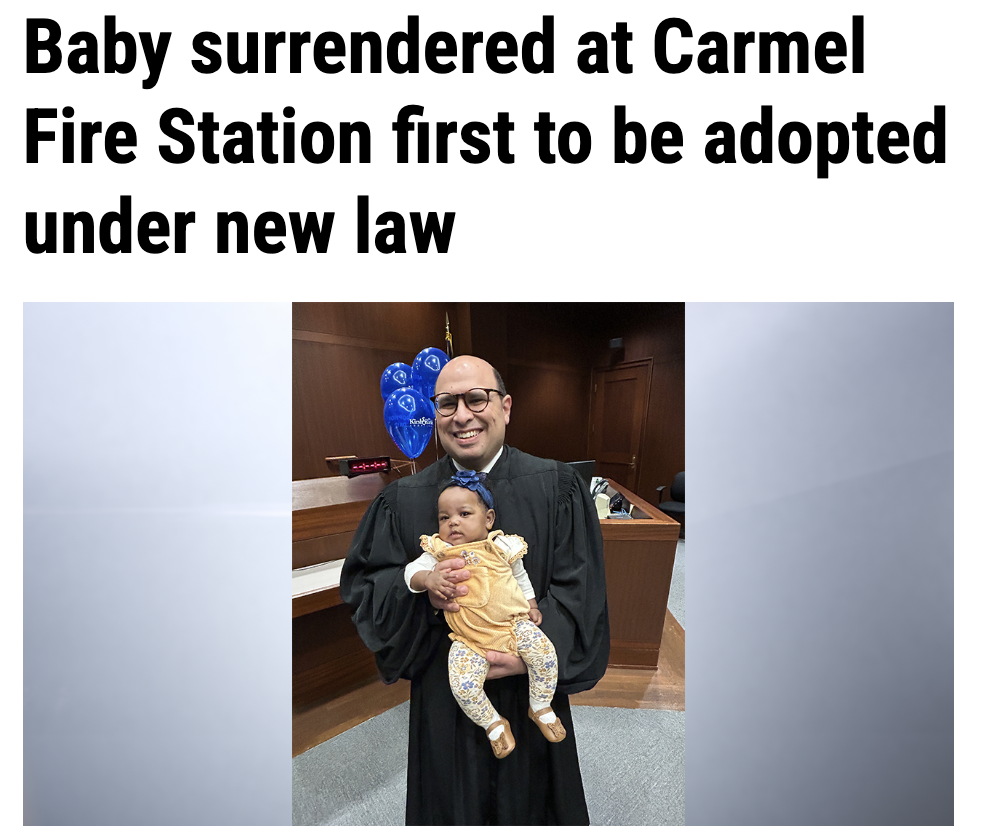Marley Greiner and I for months opposed a “baby box” bill in Indiana (SB345), which is one of the worst bills we saw in a long time. It’s not child welfare legislation. Not even close. It’s a bill—now state law— that streamlines adoption by creating an off-the-books adoption pipeline.
If you want to read my letter in opposition to the bill, it is here (and Marley covers things here). Otherwise, as I’m apt to do, I made two charts to illustrate how bad this bill is. It’s probably the quickest way to understand how the new law will facilitate corrupt and off-the-books adoptions.

Dumped & Fast-Tracked for Adoption
First baby goes through the Indiana adoption pipeline
In a story that aired in December 2023, Indiana saw its first infant abandoned at a fire station and referred immediately to an adoption agency, without any state involvement. As the story confirms, it took just twelve hours to go from abandonment to placement, thus “bypassing the Department of Child Services, custody and foster families.”
A Corruption-Ready Adoption Pipeline
PS: Understanding these charts may require some familiarity with state safe haven laws and their ultimate outgrowth into baby boxes, or what are euphemistically called “newborn safety devices.” My friend and colleague Marley Greiner has you covered here if you want to know more about what may be a core aspect of the future of adoption and placement—unless we act now to stop them from spreading.
SB345 is now law. It passed the Indiana House and Senate, with no amendments to address the core problem of the legislation: off-the-books anonymous trafficking of infants for adoption. The illustration immediately below shows how that process works, with direct-to-agency baby box referrals from fire station to adoption agency, all with “pre-approved” adoptive parents lined up for a final adoption. This is all completed within hours, without any state oversight. At all.
A PDF of this chart is also available here.
How It Now Works
A PDF of the chart is also available here. While the original bill was amended, it did not touch these specific aspects. They remain in the law, which passed the Senate 46-0 and the House 81-14. With the Governor’s signature, it become law in 2023.


Leave a Reply